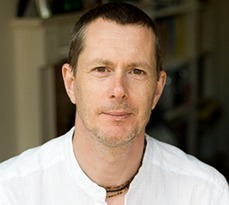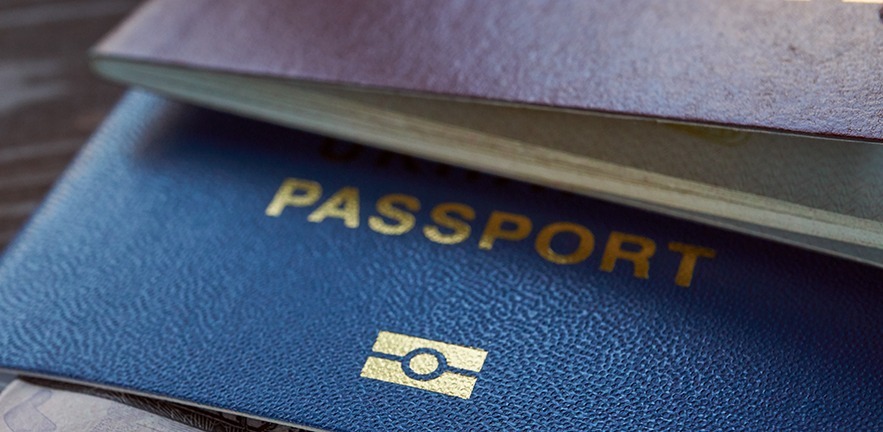Ken Banks was appointed a Visiting Fellow in Marketing in 2018, and is currently Head of Social Impact at London-based digital identity firm Yoti. He discusses here the potential for digital identity systems in addressing problems in developing countries.
By Ken Banks, Head of Social Impact, Yoti

In the developed world, we are used to providing identification even for routine transactions such as opening a mobile phone account at a local store – so we can readily produce a combination of photo ID, proof of bank details and a utility bill to confirm our address. We take it for granted that we can prove who we are when we need to, but that’s not the case for over a billion people in other parts of the world.
Substitute mobile phone for education, financial services, healthcare or social services for you and your family, and not being able to prove who you are can have serious consequences. As a result, the global development community has turned its attention to the one in seven people on the planet who “don’t officially exist” in many eyes because they lack a formal identity through any easily-presentable paperwork.
In recognition of the scale of the problem, identity was included within the Social Development Goals launched in 2015 by the United Nations – with the goal of providing legal identity for all, including free birth registrations, by 2030. Around the world, 250 million children under five didn’t have their birth registered, and in sub-Saharan Africa alone over 50 per cent of children remain unregistered by their fifth birthday. If the tap feeding this unregistered birth epidemic can be turned off, then we can at least stop the problem getting any bigger.
Not having something as straightforward as a birth certificate can be profound. Thirty-two countries in sub-Saharan Africa require a birth certificate to access education, 16 require one to access social support, and six to access healthcare. In Indonesia a birth certificate is the only form of legal identity, yet 58 per cent of the poorest children don’t have their births registered. As they get older, how do they claim rights to things like land, inheritance and nationality?
My company Yoti allows people to create a digital identity through a smartphone app, but not everyone has a smartphone and not everyone can get online. To understand the gap, we recently carried out some research in Africa and South East Asia to better understand what non-profits working in these places might need from an identity solution – with an assumption that smartphones, connectivity and official identity documents would be in short or non-existent supply. This research lead to a number of useful insights for a digital identity solution to support development efforts in places where most existing digital identity solutions do not work:
- The absence of effective and secure methods for proving identity presents a challenge across a range of sectoral and programmatic outcomes.
- Biometrics are seen as a potentially important area in which identification technology could be well utilised.
- Privacy is a major concern because would-be participants and organisations are worried about identification technology increasing their vulnerability to fraud or abuse.
- While most organisations are interested in a solution that could help them in their work, they are concerned about technical capacity both internally and within government frameworks.
- The vast majority of identity needs at the local NGO level are straightforward and simple, so providing an easy-to-use solution has the potential to unlock considerable social impact potential.
We are now working on development of an open source, offline version of an encrypted near field communication (NFC)-enabled tag: this would allow individuals to share aspects of their identity when they interact with a service such as a hospital, food programme or refugee registration programme. This system displays identity credentials on a tablet to help confirm who the person is, and, crucially, it can work in areas without Internet access and for those without a smartphone. We are now seeking pilot programmes for this technology, and welcome hearing from organisations or Fellows where this might help address nagging social or environmental problems in developing areas of the world where they work.
We read a lot these days about big technology companies and Big Data, but even a small amount of identity data about an individual can make a big difference to people’s lives in poorer parts of the world.


